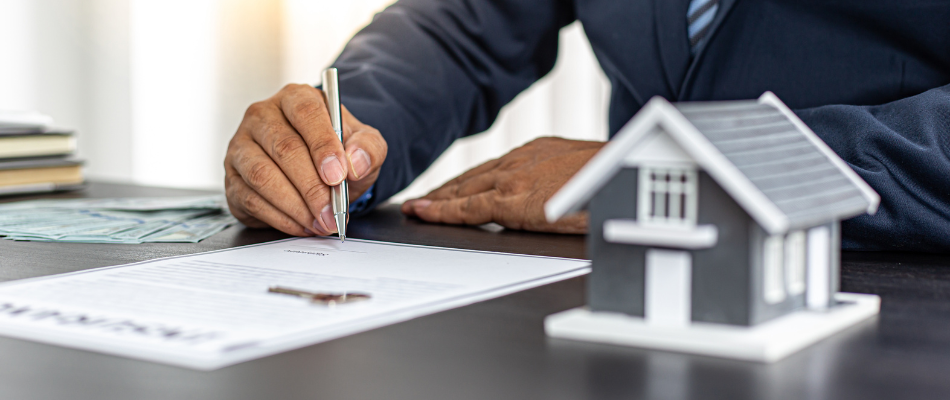Property is an important asset class that provides an element of diversification to your overall investment portfolio. It is however important to draw a clear distinction between a primary property and holding property as an investment.
Primary property is certainly an asset, but it is important to understand that it is a lifestyle asset that can possibly deliver a return when you sell it. It is however important to understand that the return on your primary property is not the most important consideration when deciding to buy such property. A primary property is your home, it is shelter and it will be contributing greatly to your quality of life. Never make the mistake of purchasing a primary property that is outside of your budget by convincing yourself that it is a good investment opportunity.
You can also diversify your investment portfolio by including property as an investment, either directly or indirectly, to your portfolio. Many people prefer owning property directly, usually by owning property that they can rent out. Rental income is an age-old investment and one of the main benefits of it is that it is a tangible asset that the investor can see and understand. Often people are intimidated by the complexity of non-tangible asset classes, such as shares and bonds. Despite the fact that these intangible assets are highly regulated, especially in the South African market, there have been horror stories of people being scammed by investing in these assets and therefore many people prefer property that has less grey areas to understand.
Having a rental property does, however, come with various risks and it is important to be aware of it before making such an investment. Firstly, there is the risk of having a tenant that does not look after the property, or even worse, that damages it. An even worse outcome is of course having a tenant that does not, or can’t pay the rent. Although the owner can evict such a tenant, there is a procedure to be followed that may take time. There is also the risk that you can’t find a new tenant and that the property is vacant, that may cause the owner to have to pay some fixed costs, such as levies, municipal rates and insurance, from their own savings. There may also be a scenario where the rental market has an oversupply of rental property and that the owner needs to drop their rental price to a price below that of their combined bond cost and fixed costs, meaning they are losing money and not making a sufficient income or return.
Another important risk to consider is liquidity risk. If the investor urgently needs to get access to the funds, they will not be able to do so as quickly compared to other asset classes. Not only may it take time to find a suitable buyer, but the process of selling property can take a few weeks at best. It is also important to consider that rental property may have more time-consuming admin associated with it. Regular maintenance will have to be done and if a risk event, such as a pipe bursting, takes place, claims need to be submitted to the insurer and various quotes from plumbers need to be obtained by the owner for example. The last consideration to point out is that often owning property is an expensive up-front lump sum investment, that many investors don’t have. It is not advised to only have rental property in your investment portfolio and investors should rather only consider including it as a diversifier if the investor already holds other investments as well. Owning rental property can be a valuable investment, but understanding and accessing these risks are important before making such an investment.
Property can also indirectly be included in your portfolio by way of not owning actual property, but rather owning a share of a company that owns property. This offers an opportunity to diversify your portfolio, without having to deal with the admin associated with owning physical property. Someone that is starting out their investment journey, and don’t yet have much saved up for investments, may also benefit from such an investment since you don’t need to have a hundred thousand plus to invest as an initial lump sum in property shares. These companies that own property are usually also better diversified as they hold various properties in various locations that spreads the risk of a specific property not providing a return, more evenly. Many property companies also own commercial property that adds another layer of diversification to the investment.
Property needs to be included in an investment portfolio as a way to spread risk, but it is clear that there are a few different ways to go about including it in your portfolio. As an investor it is important to be mindful of what your needs are and align them with the various options available.







